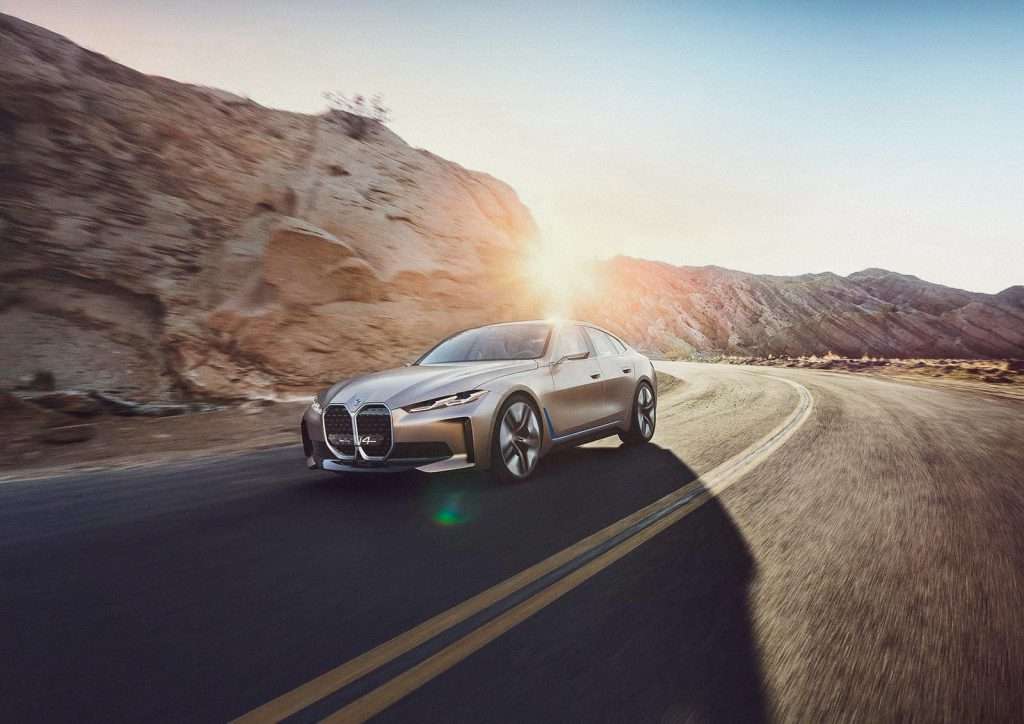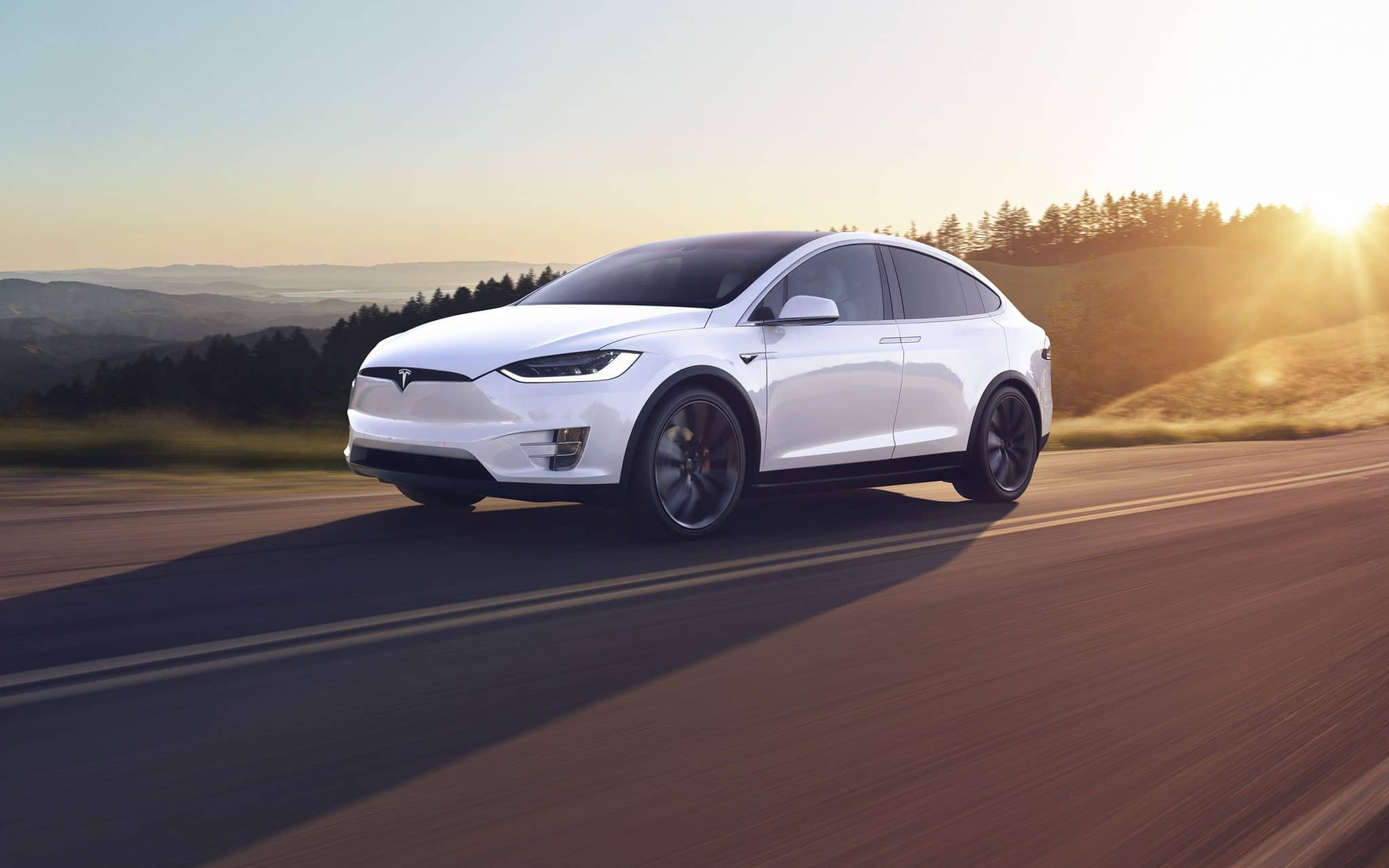Not everyone driving an electric car is motivated by saving the planet. Some are doing it for the sheer bling factor. How does being a status symbol change the EV market value?
With its high-tech and luxurious features, Tesla is dominating the electric vehicle market. Take, for example, the company’s Tesla Model X Plaid, which launched last year. Featuring falcon-wing doors and Tesla’s standard minimalistic interior, the three-motor SUV is about as sleek and technologically savvy as they come. And with 1,020 horsepower under the hood, the EV is capable of hitting 60 miles per hour in just 2.5 seconds. But in addition to being insanely fast, the electric SUV is also insanely expensive. It sports an MSRP starting at nearly $140,000. Put simply: the average person cannot afford it.
The high cost of electric vehicles
According to a 2021 report by Kelley Blue Book, a California-based vehicle valuation and research company, the average price for an EV is about 25 percent more than a new, full-size gas-powered car. Ringing in at $51,532, a new EV is also about $30,000 more than a new standard compact car.
Even on Tesla’s low end, a new Model 3 will run about $45,000. The all-electric BMW iX starts at $83,200. And the Taycan, Porsche’s electric sedan, isn’t too far off — with an MSRP starting at $82,700. Of course, there are affordable EVs on the market, such as the Nissan Leaf, which starts at $27,400.

But, in recent years, the likes of Tesla have become popular because of the image they portray. Gone are the days when owning an electric car meant you actually cared about the planet. Now, they’re mere status symbols for the elite—and largely inaccessible to most consumers.
Although maintenance-free EVs are cheaper in the long-term — compared to their gas-powered counterparts — they’re initially more expensive because of the high cost of the ion-lithium batteries used to power them. This begs the question: Are electric cars actually sustainable?
Are electric cars sustainable?
Although electric cars have the ability to reduce the transportation sector’s toxic greenhouse gas emissions, making the move to electrification won’t mitigate the waste caused by the global economy’s over-consumptive habits.
In order for EVs to be wholly sustainable, there are some factors that must be addressed, such as the charging points used to power them. In order for power generation to be free of fossil fuels, electricity must be obtained from a renewable energy source.
EV batteries are also difficult to dispose of; and they feature rare earth elements like cobalt, lithium, and nickel — the mining of which is highly pollutive. On the whole, the batteries make the production of EVs more resource-intensive, compared to gas-guzzling cars. However, even when accounting for the manufacturing process, EV emissions are still far lower over the duration of their lifetime, according to the U.S. Environmental Protection Agency.
The reliability aspect is also worth discussing. According to EchoPark’s luxury cars insights, high-end vehicles, which are not prone to playing up, will attract more customers than those with fancy features but a reputation for breaking down. Since electric cars have fewer moving parts and less of a maintenance burden than their combustion engine counterparts, they are innately more reliable. This also means they don’t require consumables like oil, timing belts, and filters, further boosting their sustainability credentials in the long term.
Breaking access barriers to owning an electric car
Despite their overall high price point, the electric car market is burgeoning. Global EV sales soared by 140 percent in the first quarter of 2021, compared to the same time period the previous year.
As countries around the world pledge to go carbon-neutral to mitigate climate change, a number of auto manufacturers, including Ford Europe, GM, and Volvo, have committed to ditching gas-guzzling vehicles altogether. From Maserati and Alfa Romeo to Bentley to Audi and Mercedes-Benz, many luxury automakers are also making the move to go all-electric.

According to the International Energy Agency, EVs represented nine percent of all passenger car sales in 2021. And sales more than doubled, hitting 6.6 million. By 2030, the Edison Electric Institute estimates 22 million electric cars will be on roads in the U.S. alone.
Despite governments’ and car makers’ growing push to decarbonize the transportation sector, in order for the EV market to be truly equitable to all consumers, access barriers like prohibitive cost and charging point availability must be addressed.
To assist with the push to zero-emissions vehicles, in 2017, the World Economic Forum created the Global Battery Alliance. It aims to establish a sustainable battery value chain by 2030. In order to successfully transition to EVs, nearly 300 million charging points must be installed around the world by 2040, the Alliance reports.
Europe is slowly making progress on this front; the U.K. revealed that electric car charging points would be required in all new homes starting this year, making it the first country to pass such a law. The U.K. previously revealed it would ban the sale of all new gas- and diesel-powered vehicles from 2030.
In terms of the prohibitive cost, as more automakers make the move to electrification, the production costs of electric cars will eventually decrease. Automotive experts expect EV prices to reach price parity with gas-fueled cars as soon as 2025, which is good news if you’re in the market for a new — and affordable — eco-friendly car.
Related on Ethos:


